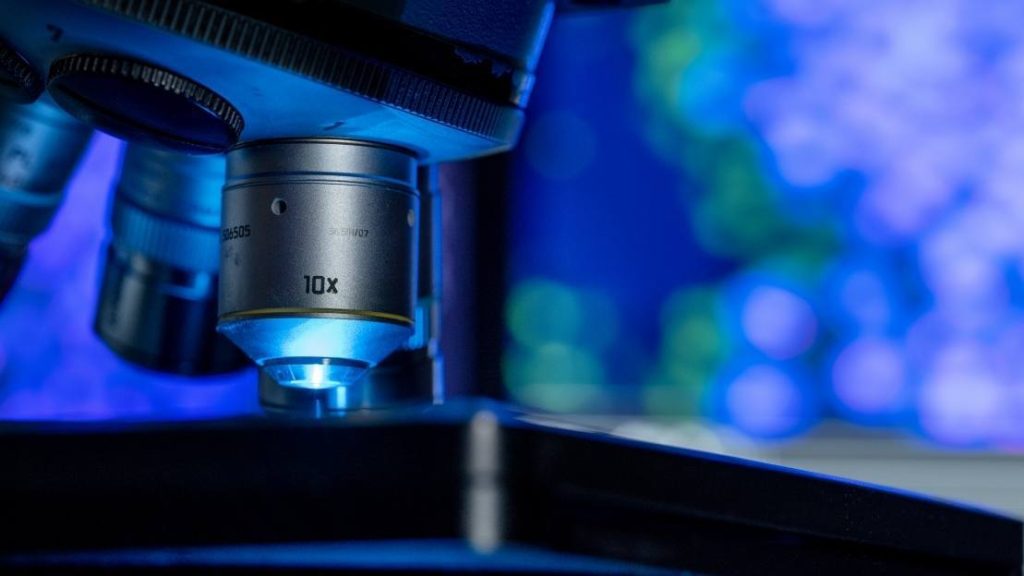
For patients facing a cancer journey, navigating diagnosis and treatment can be extremely daunting. Fear of the unknown is compounded by a confusing ocean of emerging information on discoveries and technological advancements.
While each wave of progress brings about new types of treatment, including targeted and immune therapies linked to improved outcomes, the cancer’s nuances must be understood for these pioneering treatments to work.
Laboratory testing offers crucial information to help patients traverse the shifting landscape of therapeutic options. But not all tests are created equal. And not all results provide the clarity on which to base critical decisions.
Mayo Clinic Laboratories’ newly released suite of MayoComplete hematology and oncology next-generation sequencing (NGS) panels delivers precision answers on the genetic associations of an individual’s cancer. Results from MayoComplete NGS, which evaluates for gene mutations, rearrangements, and amplifications, deepen understanding of the specific disease process to facilitate individualized treatment selection.
“Tests like these assure patients get the best cancer care, as clinicians use these results to determine the best treatment strategies based on the patient’s tumor profile,” says Benjamin Kipp, Ph.D., chair of the Division of Laboratory Genetics and Genomics. “It's really that simple. The number of therapies available are increasing and they are improving outcomes, so we want to make sure our patients receive these newer therapies when appropriate.”
Read the rest of the article on the Mayo Clinic Laboratories blog.
____________________________________________
Other Mayo Clinic medical research websites:
- Research at Mayo Clinic
- Discovery’s Edge
- Advancing the Science
- Forefront
- Center for Individualized Medicine
- Center for Regenerative Biotherapeutics
- Center for the Science of Health Care Delivery
- Mayo Clinic Cancer Center







